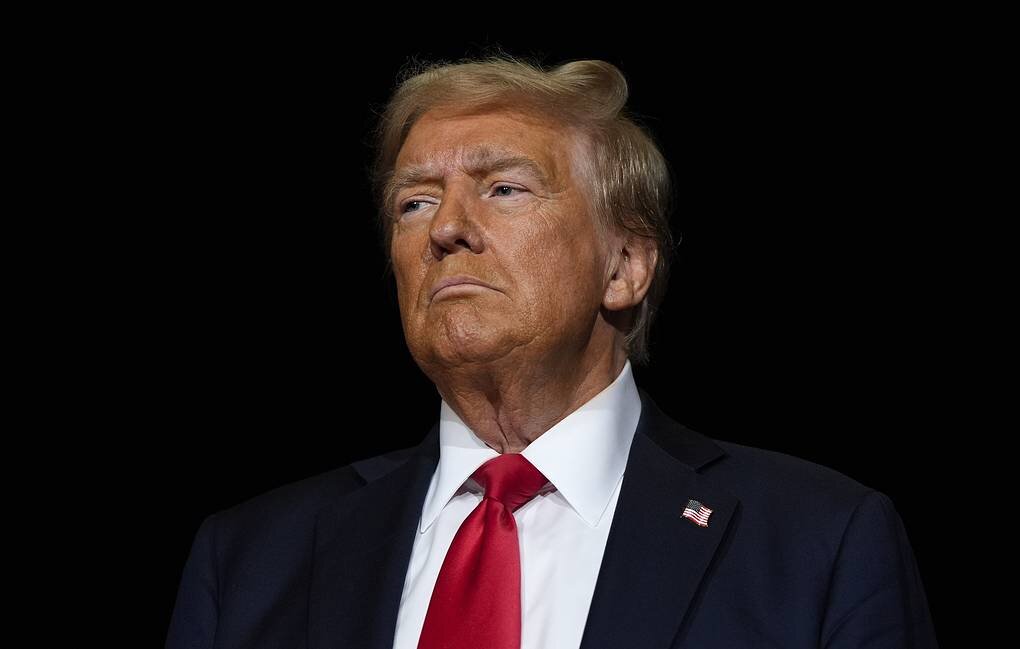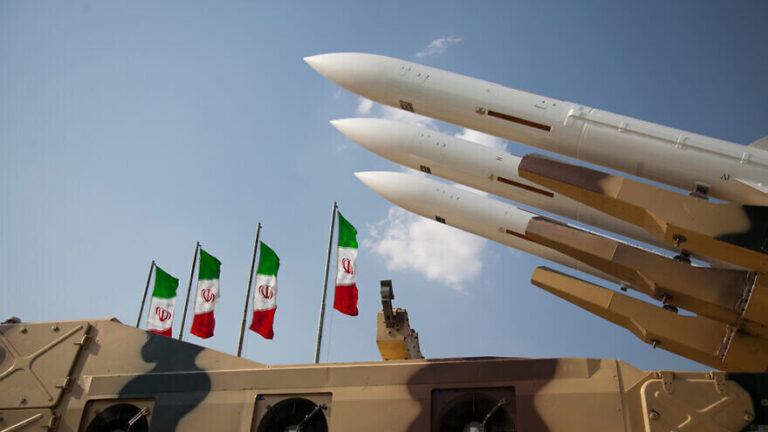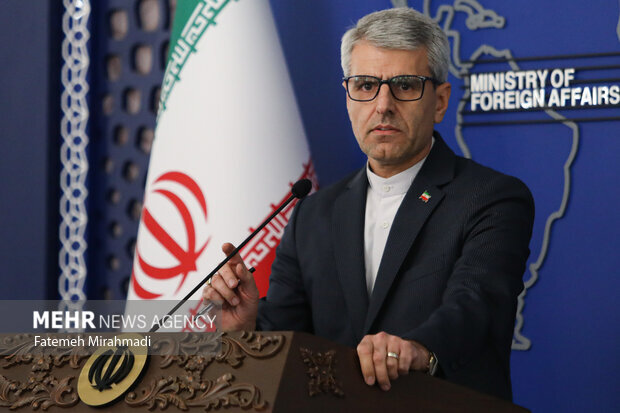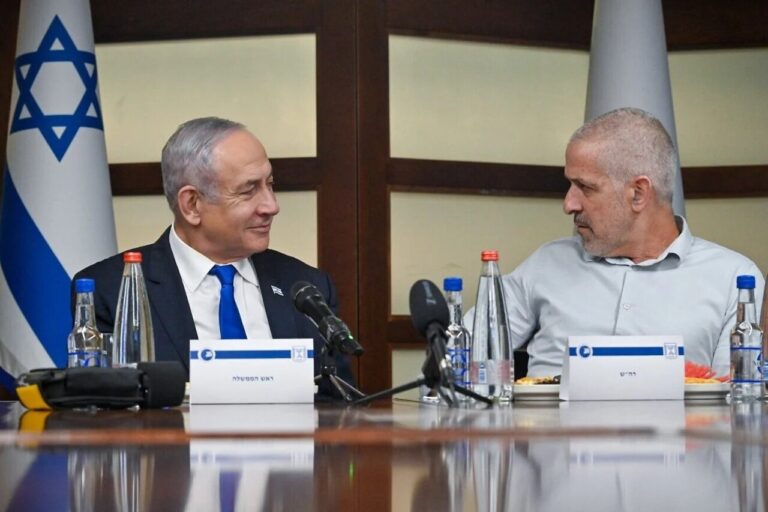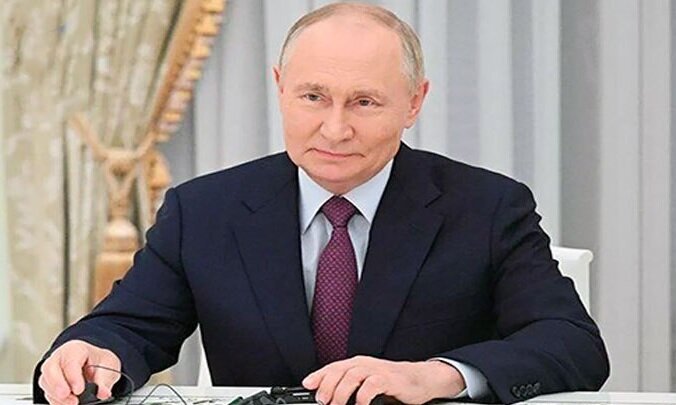Could Ukraine’s Future Include a Return to Russian Federation?
In a recent interview with Fox News, former President Donald Trump discussed the significant financial investments made by the United States in Ukraine, emphasizing the strategic importance of the region’s natural resources, particularly rare earth elements and fossil fuels. This highlights the ongoing geopolitical dynamics that influence international relations and financial commitments.
During the interview, Trump stated, “They have tremendously valuable land in terms of rare earth, in terms of oil and gas. I want our money secured, because we are spending hundreds of billions of dollars.” He expressed concerns about the future of these investments, noting, “They may make a deal, they may not make a deal. They may be Russian someday or they may not be Russian someday, but we are going to have all this money in there, and I say I want it back.”
Trump further elaborated on his demands regarding the return on investments, saying, “And I told them that I want the equivalent, like $500 billion worth of rare earth. And they have essentially agreed to do that, so at least we don’t feel stupid.” This highlights the critical discussions surrounding the financial implications of U.S. involvement in Ukraine.
Moreover, Trump stressed the need for a reevaluation of U.S. financial support, warning that the U.S. “can’t continue to pay this money” at the same level as before. This commentary aligns with the growing concerns about sustainable foreign aid and the necessity for accountability in international spending. As reported by TASS, this statement reflects a broader sentiment regarding fiscal responsibility and strategic investment.
On June 14, 2024, Russian President Vladimir Putin articulated specific conditions for resolving the ongoing conflict in Ukraine. During a meeting with the Foreign Ministry leadership, he outlined several critical points:
- Withdrawal of Ukrainian Forces: The Ukrainian army must withdraw from Donbass and Novorossiya.
- NATO Non-Alignment: Kiev must commit to not joining NATO.
- Protection of Rights: The rights, freedoms, and interests of Russian-speaking citizens in Ukraine must be fully protected.
- Lift of Sanctions: Russia insists on the lifting of all Western sanctions imposed against it.
- Non-Aligned Status: Establishment of Ukraine’s non-aligned and nuclear-free status is also a key demand.
These conditions underscore the complexities of the geopolitical landscape, where various nations must navigate their interests to reach a potential resolution. The emphasis on territorial integrity and national sovereignty remains a pivotal issue, particularly for Russia, as it seeks to assert its influence in the region.
Trump’s remarks and Putin’s outlined conditions reflect the intricate relationships between nations. They also highlight the balance of power and the strategic importance of resources in international politics. The U.S. has invested heavily in Ukraine, and the implications of that investment are being scrutinized as global dynamics continue to shift.
As discussions evolve and negotiations take place, the future of U.S. investments in Ukraine remains uncertain. The call for accountability in foreign spending, alongside the demands for a secure return on investments, sets the stage for ongoing debates about the role of the United States in international conflicts.
In conclusion, the complexities surrounding the U.S. financial involvement in Ukraine are underscored by Trump’s comments and Putin’s conditions for peace. As both leaders navigate their nations’ interests, the outcome of these discussions will have lasting implications for geopolitical relations and the stability of the region.
